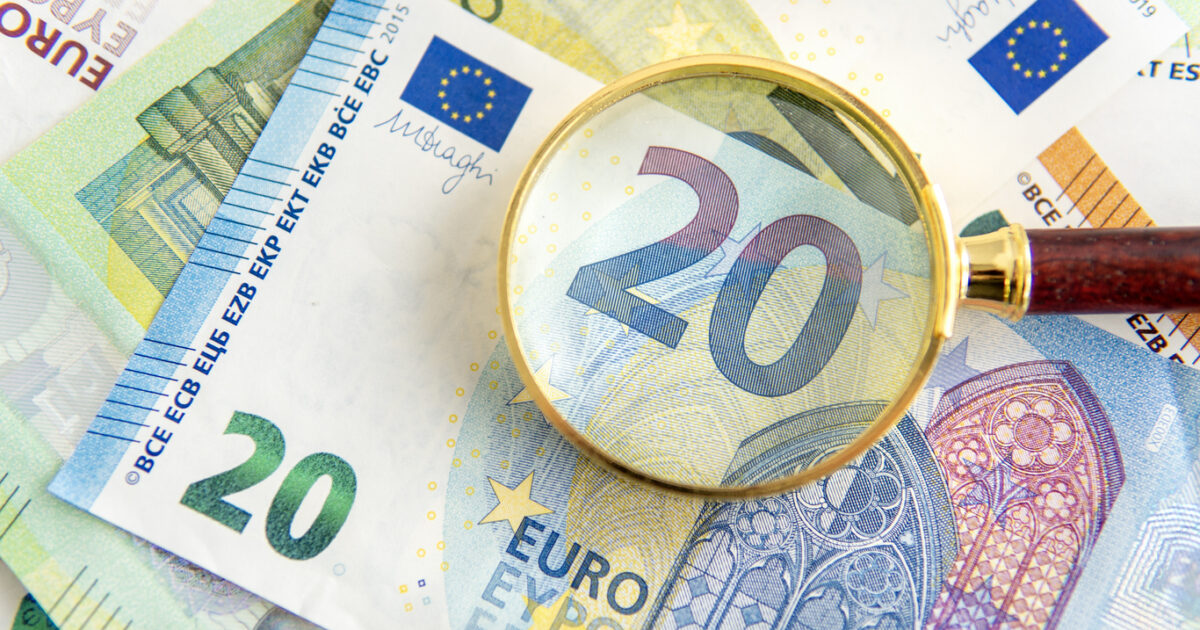The dynamics of its macroeconomic and fiscal sizes was maintained Greek economy In the fourth quarter of 2024, according to the quarterly report (March 2025) Budget office of the State in Parliament (GPC), with driving forces investment, increased productivity and accelerating structural reforms.
According to the Budget Office, the Greek economy continues to consolidate a stable environment of stability. Specifically, in 2024, the Greek economy recorded a growth rate of 2.3%, more than twice the average of the eurozone, while in the fourth quarter of the year increased 2.6% compared to the corresponding period of 2023. This significant performance was increased by increased exports of goods and services to 3.6% to 3.6% and by 3.6%. in goods), as well as the increase in fixed capital investments by 9.0%.
On the contrary, private consumption experienced a slight slowdown, at a rate of 0.8% in the fourth quarter of 2024, while on an annual basis for the whole year it was maintained on a positive increase with a growth of 2.1%. A negative impact on growth was the reduction of public consumption by 3.4% and the increase in imports of goods and services by 2.4%.
Upgrading the Greek debt to the investment level by Moody’s, following the upgrades from Scope and DBRS, marks another step towards improving the terms of funding the Greek economy. This development enhances the country’s credibility in international markets, facilitating the flow of investment and creating a positive environment for economic activity.
Despite positive performance, the report points out that the current account balance showed deterioration in 2024, which makes it even more urgent the need to support the export sectors of high value added and further reinforcement of reforms. At the same time, the convergence of the actual income of the citizens with the average eurozone remains a central goal of economic policy.
At international level, the global economy is facing increased uncertainties due to the tension in trade between the US, the EU and China and geopolitical tensions. Protective policies and duties threaten international trade, while supply chains disorders boost inflationary pressures.
In this context, the European Council has agreed to boost EU defense autonomy, approving a package of defense costs of 800 billion euros for the next four years, which will be partially funded through a European lending of 150 billion euros from the Safe tool. At the same time, the historic agreement in the German Parliament on the loosening of the debt brake marks a significant fiscal expansion of € 500 billion, with possible positive effects on the European and Greek economy.
The GPKB report also highlights the possible impact of the new US tariff policy on Greek steel and aluminum exports. Based on previous experience of imposing 25% on steel and 10% in Aluminum in 2018, he points out that Greek steel and iron exports to the US were negatively affected then, while aluminum exports remained unaffected.
In addition, the new tariff policy may also affect Greek exports of intermediate products to the EU-27, which are used to produce EU-exported products to the US.
Finally, the report examines the evolution of the vacuum of debt collection to the tax administration, which in 2024 was reduced to 0.8%, the lowest level since 2000, reflecting the improvement of tax collecting capacity. At the same time, the total overdue debt balance to the State stood at € 106.3 billion, recording a 7% decrease on an annual basis. This reduction is linked to the continuous improvement of receipt, especially after 2015, despite the impact of the pandemic in 2020.
Overall, the GPC report records the maintenance of the Greek economy’s growth dynamics, despite international challenges. The rapid reduction in public debt, coupled with investment attraction and boosting competitiveness, is a critical priority for the country’s sustainable economic growth.
Source: HAE – EIA
